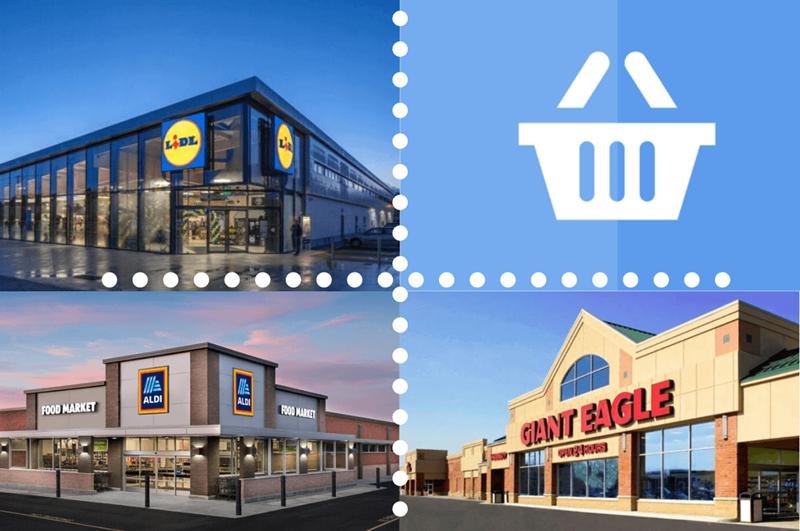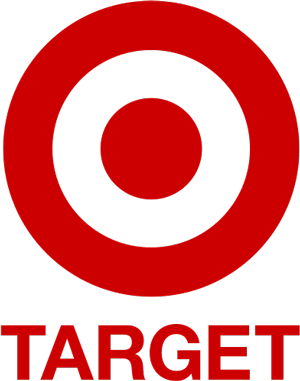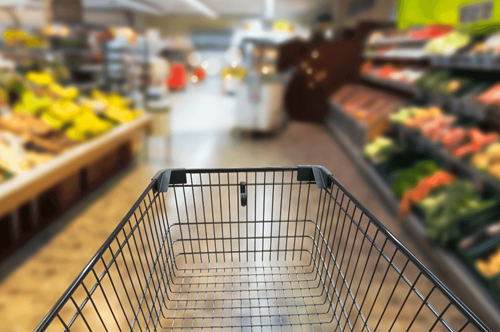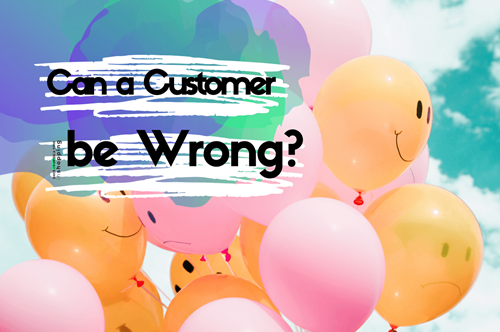
Limited Product Variety and Private-Label Brands
Offering a wide range of products to your customers is usually considered to be an advantage for grocery stores as well as customers. However, that is not the case for cheap grocery stores like Lidl, Aldi and Giant Eagle. These supermarkets do not offer more than 2 or 3 brands for the same product, which has several advantages. First of all, it increases the buying power of their customers. Secondly, they order large amounts of the same products, which is easier to manage than keeping stocks for more than 3 brands. It also helps them save on the additional supply expenses.
When you enter one of these grocery stores, you will realize that most of the products you see on the shelves are everyday essentials like legumes, pasta, dairy products, breakfast cereals, etc., which are fast-moving items that customers buy more often. Selling fast-moving products helps these grocery stores minimize their inventory expenses.
These grocery stores also produce their own private-label brands. For instance, around 90% of the products at Lidl are private-label brands, which are produced specifically for and on behalf of Lidl. This helps the grocery stores to minimize their expenses, because stocking products by different brands is much more expensive than stocking your own private-label products. Plus, they are able to monitor and control the manufacturing costs for their private-label products and they don’t need to pay for distributors, either. Most of these private-label products are a favorite for many customers because they are cheaper and usually higher-quality. Sometimes, private-label products achieve such a level of success that customers seek those products specifically, instead of going for popular brands. Since customers can’t find those private-label products in other supermarkets, it also builds customer loyalty.
Shelf and Store Design
Shelf organization and overall store design are two things that help these grocery stores minimize their expenses. Grocery stores like Lidl, Aldi and Giant Eagle choose to display the products in the boxes they arrive in, which means a faster restocking process and less human power. So, this kind of a store design helps them reduce the number employees, which is another way of minimizing expenses and offering cheaper service. Having such a minimalist store design also means that they don’t have to bother with special ads for different brands or products.
You might have noticed that the lighting in these grocery stores are a little different as well. Unlike other grocery stores, they don’t use individual lighting for each shelf, which provides efficiency and cuts down on expenses. They use energy-efficient lighting equipment, as well.
Thanks to a simpler store design, it is much easier to keep the store clean and the shelves organized. Because these stores are not too large, they can work with fewer employees, which is another way of cutting expenses. Unlike larger grocery stores, cheaper grocery stores train each employee to be capable of handling all sorts of tasks at the store, which increases the adaptation process and the overall performance of their employees.
Smaller Budget for Marketing and Advertising
Another reason why grocery stores like Lidl, Aldi and Giant Eagle are cheaper is that they don’t allocate huge budgets for marketing and advertising. Compared to larger and more expensive supermarkets, they have fewer ads on TV, for instance.
Instead of spending a ton of money on advertising, these grocery stores focus on delivering lower prices only. They focus more on local advertising and promoting the weekly or monthly deals. They often offer special products that are available for a limited amount of time, which attracts customers attention. They might use leaflets or weekly ads to inform the local community about the available deals, too. So, a small-scale marketing strategy helps these grocery stores cut down on their expenses and deliver a more cost-efficient service for customers.























REVİEWS - 0 reviews